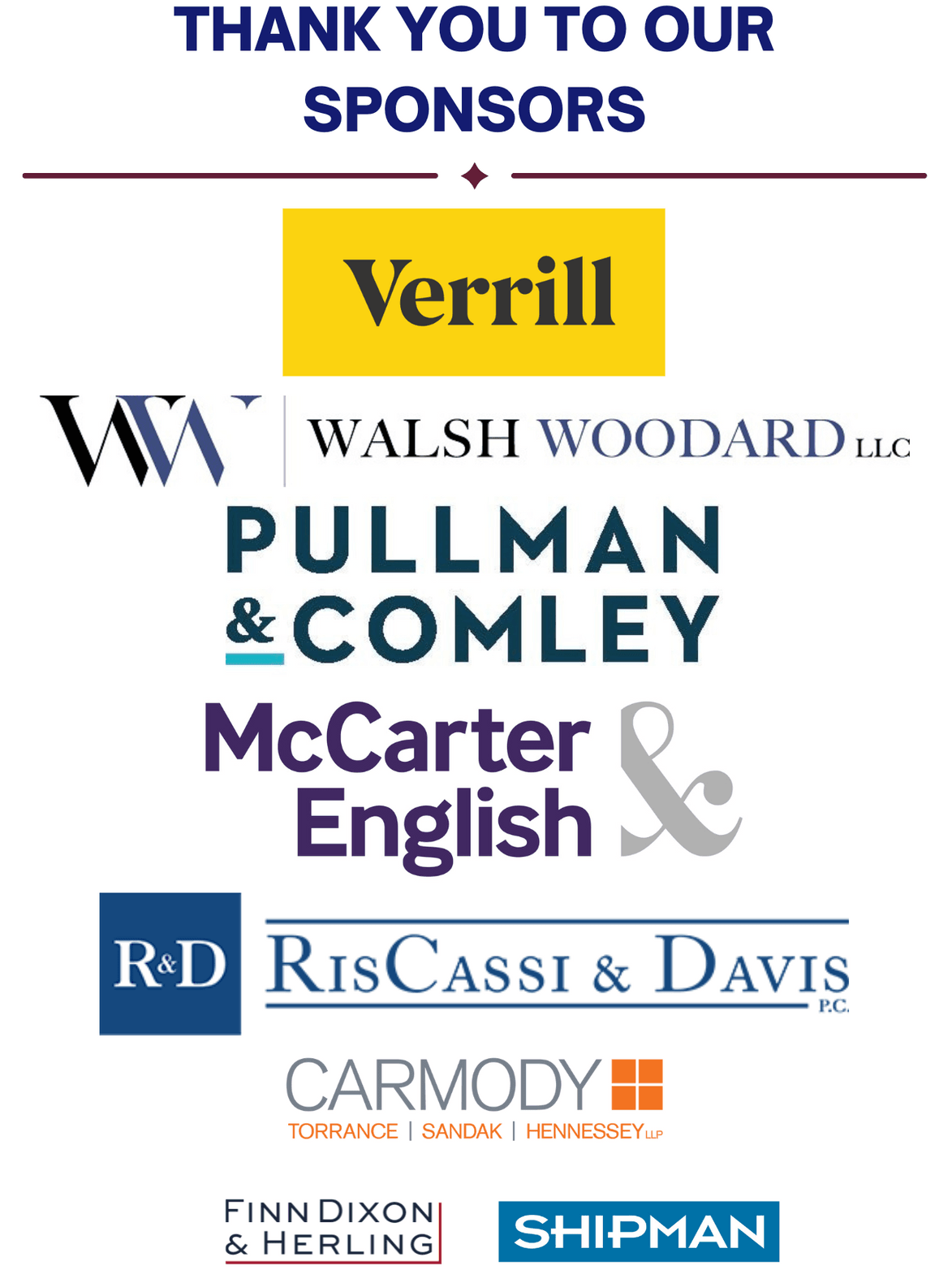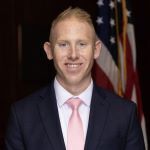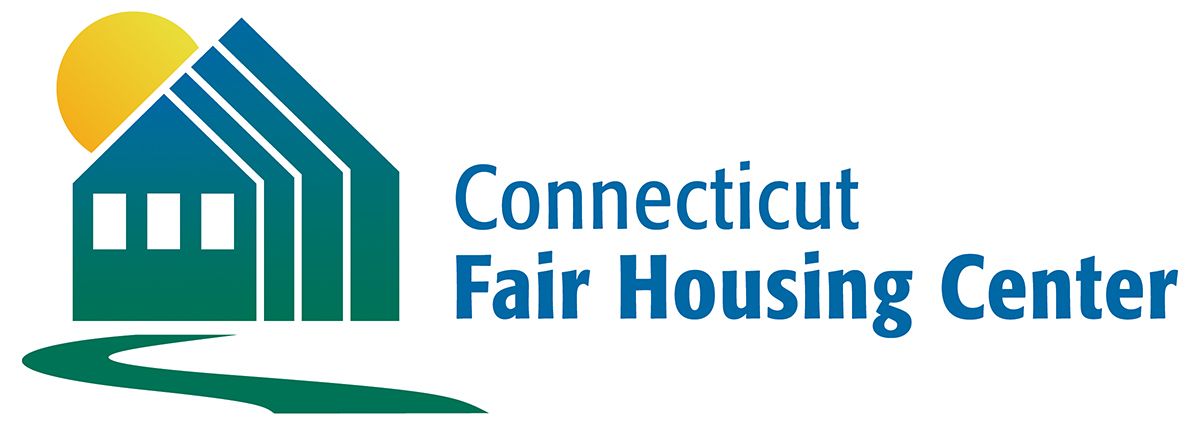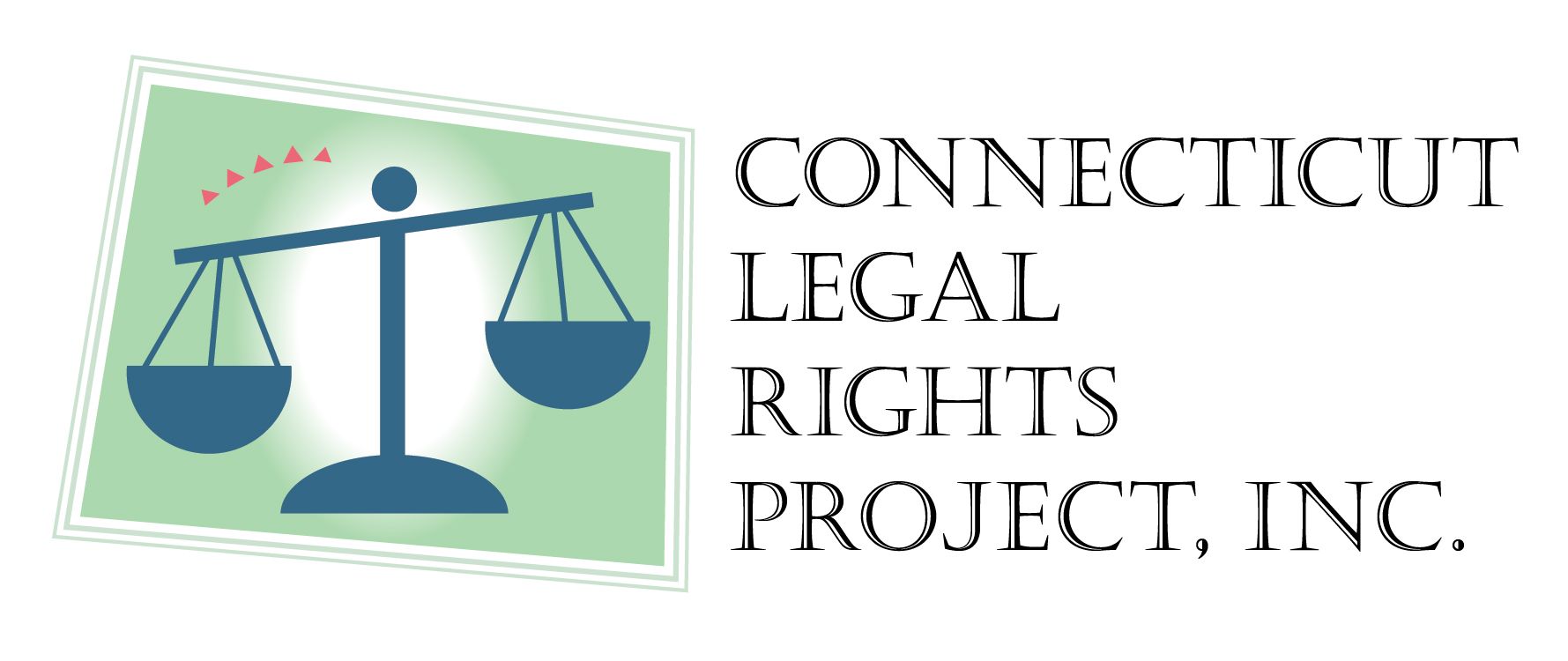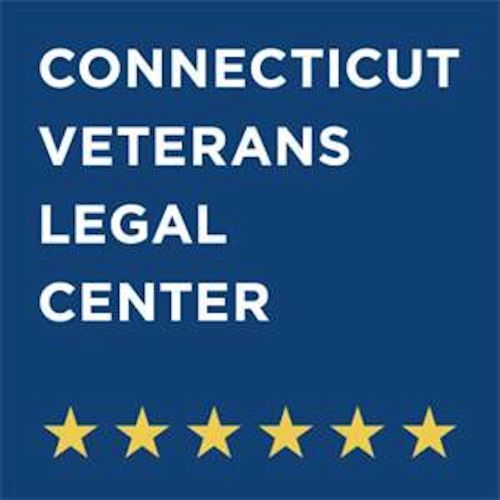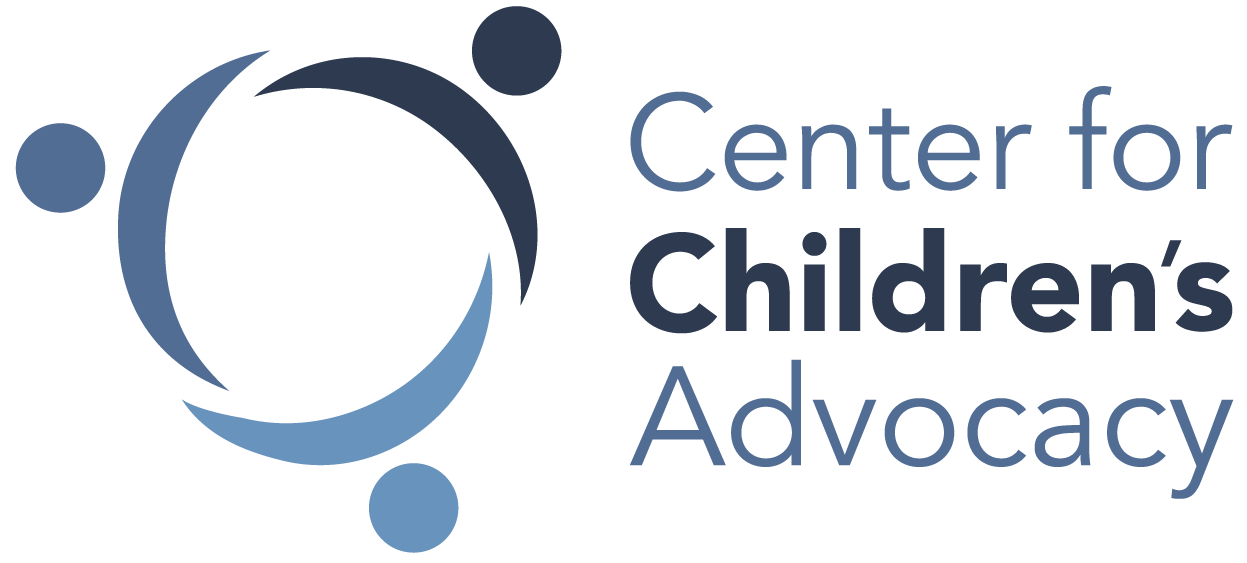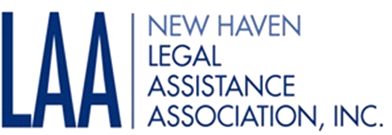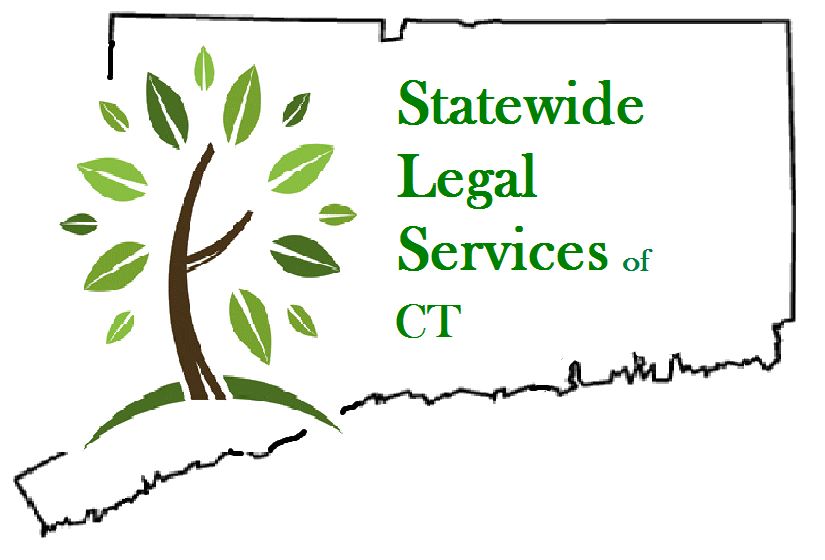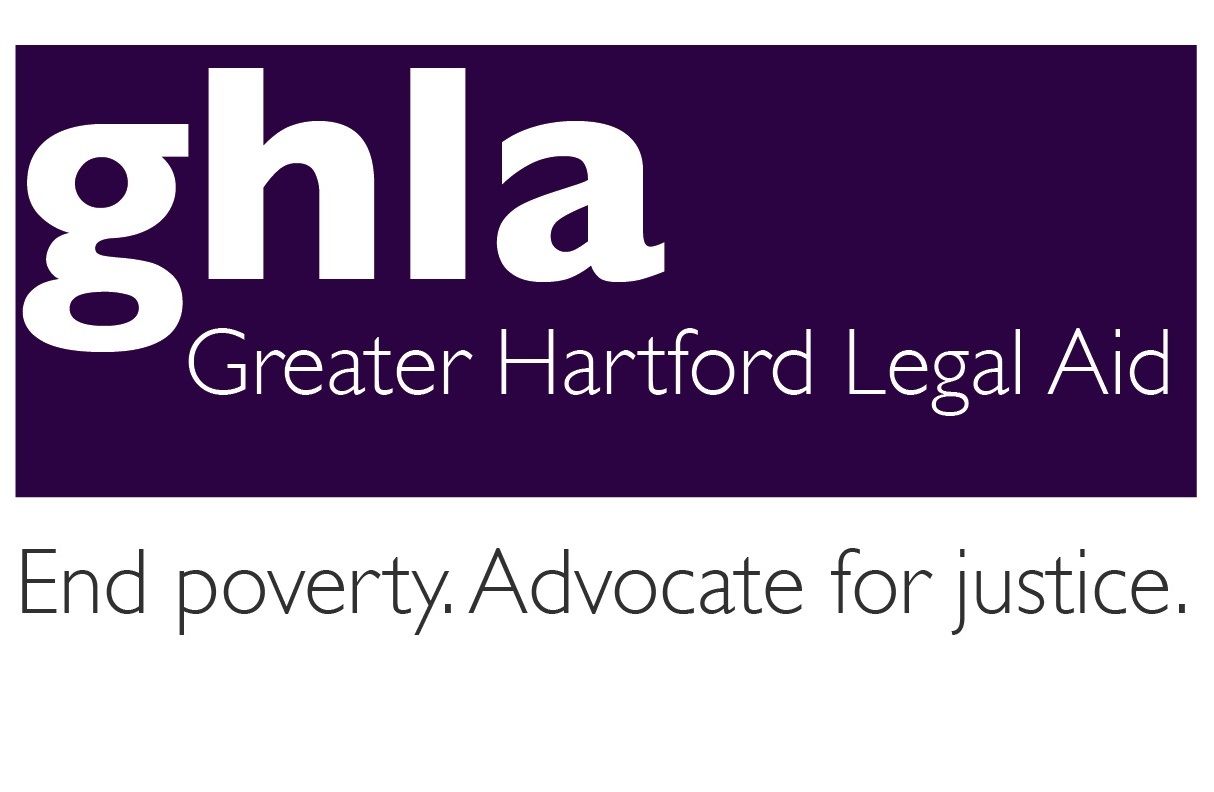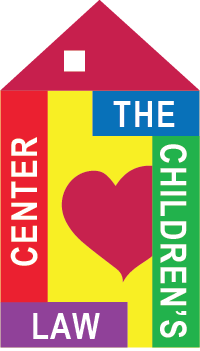Friday, March 21, 2025
8:30 AM – 3:30 PM
UConn School of Law
55 Elizabeth Street
Hartford, CT 06105
Co-sponsored by
The James W. Cooper Fellows of the Connecticut Bar Foundation, The Connecticut Bar Association and UConn School of Law
In 2014, the Connecticut Bar Foundation presented a symposium entitled Justice for All: The History and Future of Legal Aid in Connecticut. The 2014 symposium, and its 2025 successor, address the need to improve access to justice for those who are unable to afford legal representation in areas of critical civil legal needs.
Much has changed since that 2014 presentation, including the 2016 recommendations and report of the Task Force to Improve Access to Legal Counsel in Civil Matters, the launch of an eviction right to counsel program, the expansion of programs providing legal assistance in domestic violence restraining order applications, and the continued efforts and innovation of the legal aid organizations, bench, and bar in Connecticut to promote and advance civil access to justice for the indigent.
The 2025 Justice for All symposium will explore the progress made in addressing the civil access to justice gap in Connecticut since 2014, the current efforts of Connecticut’s legal aid programs to advance access to justice, including the impact and outcomes achieved through Connecticut’s two current right to counsel programs, and consider the future of legal aid in Connecticut, including anticipated challenges, and opportunities for innovation and collaborative partnerships.
Program Details
Panel 1: Civil Access to Justice in Connecticut: Where Have We Been, Where are We Now?
This panel will explore the state of access to justice in civil matters in Connecticut today. The panelists will discuss growth, opportunities and new challenges in the delivery of civil legal aid in Connecticut, areas of critical civil legal needs that remain unaddressed, and the work of the bench and the bar in promoting civil access to justice in Connecticut. These efforts will be discussed in a national context, as the panel explores how Connecticut ranks in its civil access to justice efforts in relation to other states, particularly in access to legal representation.
Panelists
Moderator
Panel 2: Connecticut’s Developing Right to Counsel Programs
In 2016, the Task Force to Improve Access to Legal Counsel in Civil Matters recommended the implementation of full or pilot “civil Gideon” programs in various areas of critical civil legal needs, including in evictions and domestic violence restraining order applications. Since that time, Connecticut has seen the adoption of a statewide eviction right to counsel program, and the expansion of programs offering legal assistance in domestic violence restraining order applications. Panelists will explore the present impact and outcomes achieved through these programs, how these initiatives might become true “right to counsel” programs, future plans for growth and expansion, and new developments in the promotion of the civil right to counsel across the country.
Panelists
Moderator
Panel 3: Perspectives from the Legislature
The 2016 Report of the Task Force to Improve Access to Legal Counsel in Civil Matters contained a number of recommendations for the legislature to consider. Some of these suggestions have been implemented, while others remain outstanding. In this bipartisan panel, legislative leaders will discuss their perspectives on Connecticut’s access to justice gap, share the unmet legal needs that they have seen and are working to address within the communities that they serve and in Connecticut at large, highlight the connection between the need for legal representation and broader community impacts, and explore ideas for improving access to civil legal aid for the most vulnerable residents of Connecticut.
Panelists
Moderator
Panel 4: Legal Aid in the Future: Facing New Challenges, Promoting Innovation and Collaboration
What does the future hold for civil legal aid in Connecticut? Addressing the civil legal access to justice gap constantly requires providers to do more with less, and to consider how limited resources might best be leveraged to have the greatest impact. Panelists will explore the future of civil legal aid in Connecticut, highlight new and existing models for innovation and collaboration in the delivery of civil legal services for the indigent, the work and future potential of law students in addressing the civil access to justice gap, and explore new ideas developing across the country to address the civil access to justice gap.
Panelists
Moderator
